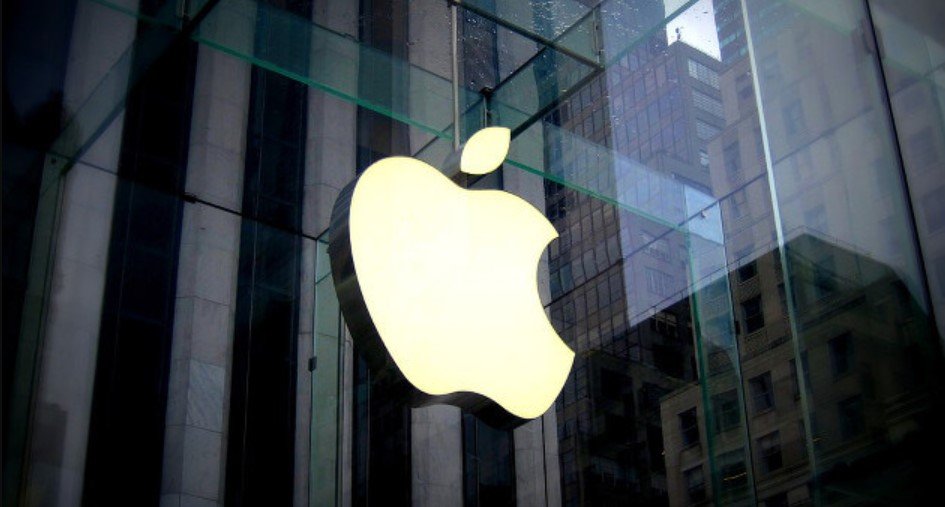In a remarkable turnaround, Apple Inc.’s iPhone shipments in China surged by 12% in March, following a series of strategic price reductions. This surge comes as a breath of fresh air for the tech giant, which has faced a challenging market environment and stiff competition from local manufacturers.
Market Revival
Apple’s decision to slash iPhone prices at the beginning of the year has paid off, with a significant boost in shipments. The company, which has been grappling with a declining share in the Chinese market, saw its fortunes change as shipments rose to 3.75 million units in March. This increase is a stark contrast to the 37% slump witnessed in the first two months of the year.

The growth in shipments is a testament to the resilience of the brand and the loyalty of its customer base. Despite the rise of local competitors and an unofficial ban on iPhones in state agencies, Apple’s strategic pricing has rekindled interest in its flagship product.
The increase in iPhone shipments is not just a win for Apple but also a sign of the Chinese market’s recovery. As one of the largest markets for smartphones globally, China’s consumer behavior is a key indicator of global trends.
A Strategic Pivot
Tim Cook, Apple’s CEO, has acknowledged the challenges faced in the Chinese market. In a recent statement, he highlighted the growth of the iPhone business in mainland China without delving into specifics. This growth comes after a period of struggle for Apple, which has been working to revitalize its business in China since 2023.
The company’s strategic pivot to reduce prices has been a calculated risk that seems to be paying dividends. It reflects a deeper understanding of the market dynamics and consumer sensitivities in China. By adjusting its pricing strategy, Apple has managed to stay competitive and appealing to its target audience.
The positive shift in shipments also underscores the importance of adaptability in international business. Companies like Apple must continuously reassess and realign their strategies to maintain their market position.
Looking Ahead
Investors and market analysts closely monitor Apple’s performance in China due to its dual role as a significant consumer market and a global production hub for the iPhone. The recent uptick in shipments is a promising sign, but the company is not resting on its laurels.
Apple’s commitment to innovation is evident in its recent unveiling of a new iPad Pro and a larger iPad Air. These moves are part of a broader strategy to diversify its product line and reduce reliance on the iPhone as the sole growth driver.
As Apple navigates the complex landscape of the Chinese market, its ability to adapt and innovate will be crucial. The recent success in iPhone shipments is a positive step, but the company’s long-term growth will depend on its continued investment in product development and market strategy.